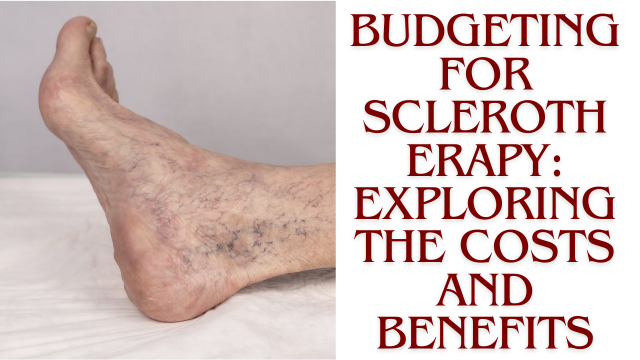Vein Ablation Gone Bad: Lessons Learned and Precautions to Take
In recent years, vein ablation has become a popular treatment option for individuals suffering from varicose veins and venous insufficiency. This minimally invasive procedure offers quick recovery times and successful outcomes for the majority of patients. However, like any medical procedure, there is always the potential for things to go wrong. In this article, we will explore the topic of vein ablation gone bad, discussing the lessons learned and the precautions that should be taken to ensure a safe and successful procedure.
Vein ablation is a treatment option that involves closing off and destroying damaged veins. This is typically done using heat or laser energy, which is directed into the affected veins, causing them to seal shut. Once closed, blood flow is rerouted to healthier veins, improving circulation and alleviating symptoms associated with varicose veins and venous insufficiency.
The Risks of Vein Ablation
While Vein Ablation Gone Wrong is generally considered safe, there are potential risks and
complications that can occur. Some of these include:
Pain and Discomfort: Following the procedure, it is common to experience pain, bruising, and swelling in the treated area. These symptoms typically subside within a few days but can be managed with over-the-counter pain medication.
Infection: There is a small risk of infection at the site where the ablation was performed. This can usually be treated with antibiotics, but in some cases, additional medical intervention may be necessary.
Nerve Damage: Although rare, nerve damage can occur during the ablation procedure. This can result in numbness, tingling, or a loss of sensation in the treated area. In most cases, nerve damage is temporary, but in rare instances, it may be permanent.
Deep Vein Thrombosis (DVT): DVT is a condition characterized by the formation of blood clots in deep veins. While the risk of DVT is low, it is still a potential complication of vein ablation. Symptoms include pain, swelling, and warmth in the affected leg. If DVT is suspected, immediate medical attention should be sought.
Lessons Learned: How to Avoid Vein Ablation Complications
To minimize the risk of complications during vein ablation, it is essential to take certain precautions. Here are some lessons learned from past experiences:
Choose a Qualified and Experienced Physician: Research and select a physician who is experienced in performing vein ablation procedures. Ask about their credentials, expertise, and success rates. A skilled and knowledgeable doctor can greatly reduce the risk of complications.
Undergo a Thorough Evaluation: Before undergoing vein ablation, you should undergo a comprehensive evaluation to determine if you are a suitable candidate for the procedure. This may involve imaging tests, such as ultrasound, to assess the extent of your vein damage and identify any underlying conditions that may impact the success of the ablation.
Follow Pre-Procedure Instructions: Your doctor will provide you with specific instructions to follow before the ablation. This may include avoiding certain medications, fasting, or adjusting your current medication regimen. It is important to adhere to these instructions to ensure a safe and successful procedure.
Discuss Potential Risks and Complications: Have an open and honest conversation with your physician about the potential risks and complications associated with vein ablation. Understanding these risks will allow you to make an informed decision about proceeding with the treatment.
Follow Post-Procedure Care Guidelines: After the ablation, your doctor will provide you with post-procedure care instructions. This may include wearing compression stockings, avoiding strenuous activities, and regular follow-up visits. Adhering to these guidelines will aid in a smooth recovery and minimize the risk of complications.




Comments
Post a Comment